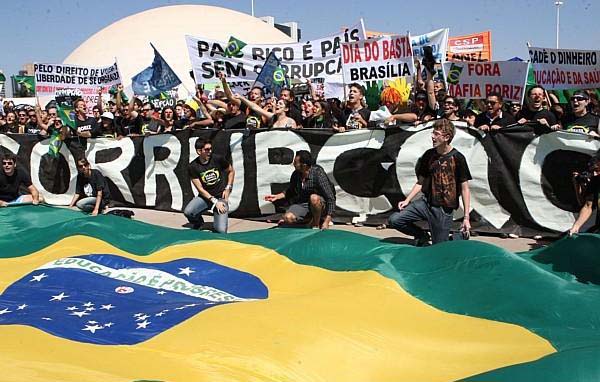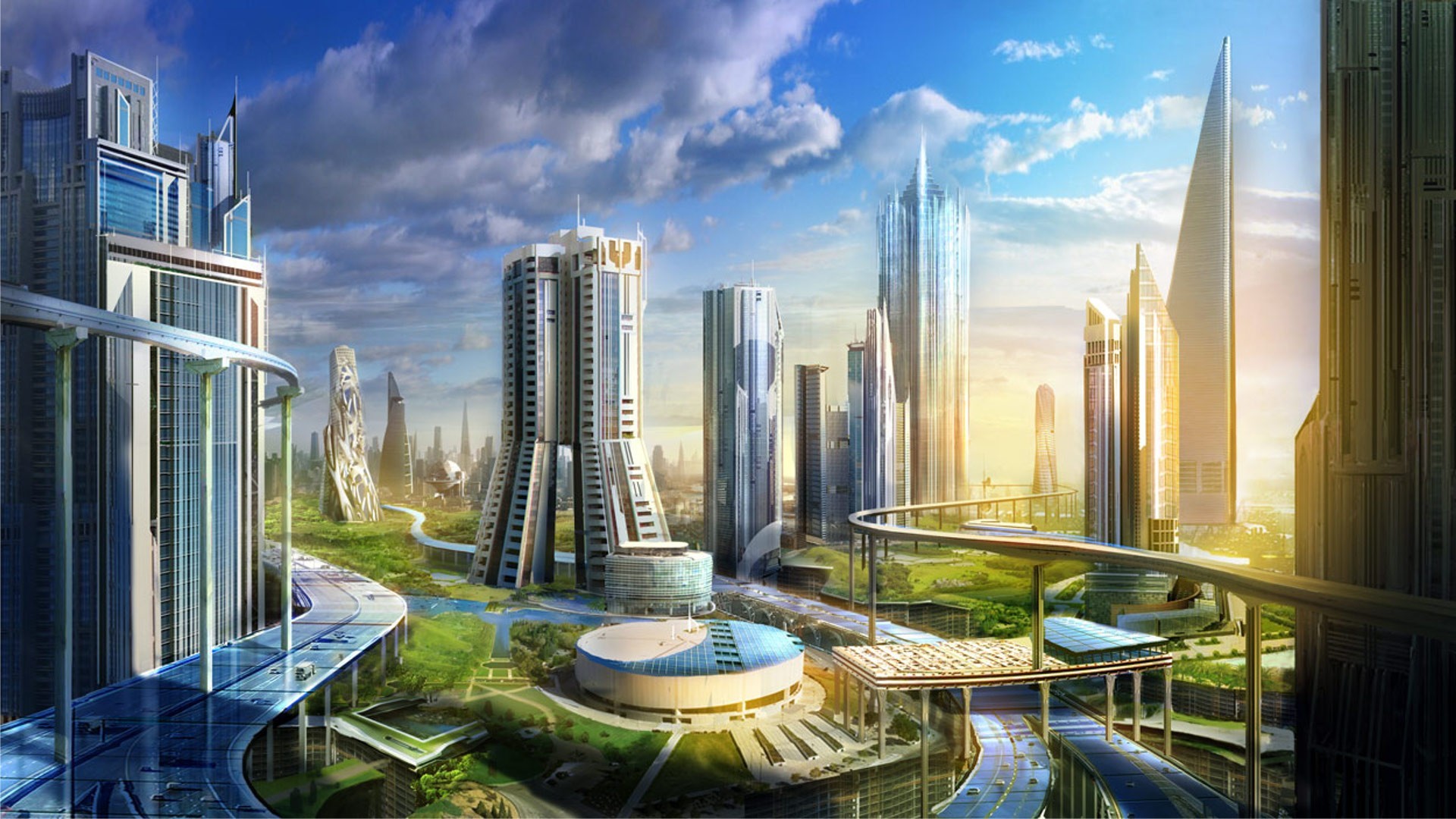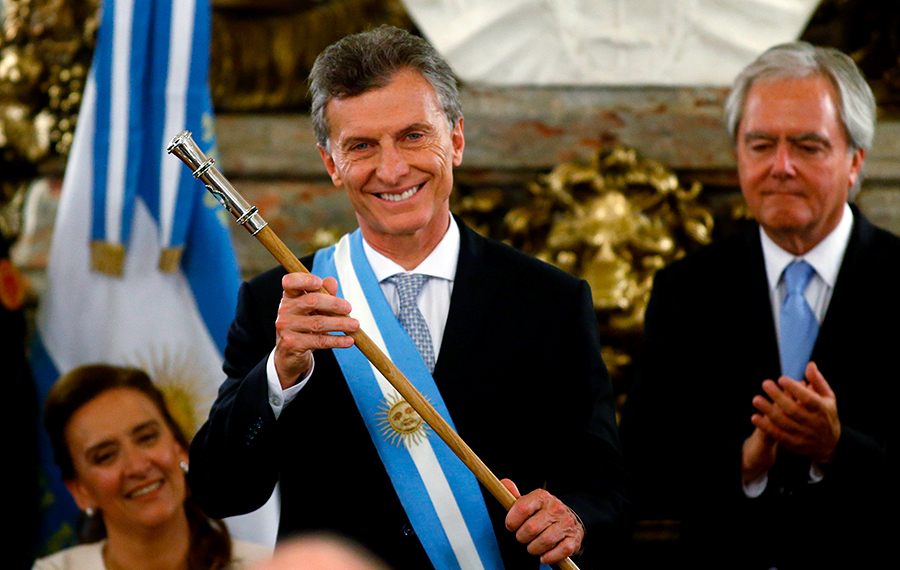An Eternal Dream? Argentina is the eighth largest country in the world, located in the extreme south of Latin America. Argentina has the highest Human Development Index in South America, its own cultural industry, a highly literate population and an income that exceeds $22,000 per capita. It has some of the richest soil in the world with an ideal geographical variety for a lot of primary, mining and petrochemical sectors. However, one million redundancies in the last year in the private sector, inflation of almost 45% in 2016, 35.9% poverty, and poor economic development with a devaluation of 40% are not in accordance with a country that has such great possibilities.
Political perspective
Argentina’s political situation in the last century was based on constant military outbreaks until 1983, when Raúl Alfonsín was elected. Alfonsín could not finish his term due to the different armed groups opposed to him.
His successor from 1989 was the Peronist Carlos Saul Menen. In this presidency, far from the Peronist doctrine, he aimed to liberate exports and to dismantle the state by generating a hypocritical welfare system in the first years of his term, but then a difficult economic situation deepened amongst corruption scandals.
In 2001 there was a significant crisis under the motto “Get them out!”, referring to the government, generated by the destruction of national industry and the way in which the focus on social issues had deteriorated.
In 2005, through Néstor Kirchner’s government, a center-left president, this great socio-economic crisis ended. Although during this government the state was committed to the masses and to industrialization through cooperatives and small industries, the progressive model suffered a blow due to a lack of economic depth and great difficulty in stimulating the agricultural sector. This stagnation generated, among other things, a huge state with large cultural and social projects, but the economy was still stagnant, with 25% inflation necessitating measures that would generate more industry and competition.
In 2015 the opposition, Mauricio Macri, a ruler who appeared to be a defender of debate and the free market, won the election. His government, far from improving the disappointing Argentine economy, worsened it with with a rise in taxes (in some cases of 400%), 163 million dollars of debt, and a 34% devaluation of the peso. The dismantling of the state and the deliberate openness to imports is generating a deep economic recession founded on growing unemployment and a fall in consumption. The government intended the latter to be a tool to halt rising inflation, inherited from the Kirchner era, but more than halting inflation, somehow, they halted the economy.
Key Factors of Economic Failure
- The first factor is historical. In the conquests of the desert in the late 18oos, where a large amount of land was divided, 41 million hectares of Argentina were sold at too low prices to a small group of rich families. This has meant that since then land has been in very few hands, an elite with too much political weight, since the Argentine economy is mainly based on agricultural exports. This elitist reality is still in force in many of the productive areas, and therefore the large agricultural sector is not very competitive.
- The second factor is that the Argentine economy is based specifically on exporting products with almost no added value and importing products that have added value. A simple example of how bad this is: exporting wool to England, and buying clothing from the same country, which has much more value aggregate than wool.
- Another point is the demographic. In the last century, many people who left the countryside, and to a lesser extent immigrants, overpopulated big cities (almost all of Buenos Aires) threatening not only social issues but also the economic situation. Today, as there are many people in Buenos Aires and Cordoba, and almost nobody in Patagonian provinces as La Pampa, there is an economic dominance in the former provinces over the latter, without even taking into account all the disadvantages of an overpopulated city.
- The fourth very important aspect of commercial failure is the great difficulties that businesses are having in Argentina, mainly because of the tax burden. According to a Word Economic study: ¨Argentina is the country with the highest tax burden in the world with a tax rate of 137.3% ¨. Thus, it is very difficult to undertake and to be able to maintain a butchers for example. This is a large cause of commercial stagnation and a problem for the merchants.
- The last factor is the lack of infrastructure, state transparency and, above all, corruption. These difficulties make their economic policy seem flippant and unreliable.
The future
The future is going to be negative if it is not met with reform, where productivity and international competition will be the main objective, fighting the difficulties already mentioned from a capitalist-protectionist perspective. It is also very important that agricultural production is focussed mainly on the domestic market, and that this will be a vehicle for economic growth. Also there must be an end to inflation which affects the worst-off. For its part, the state itself has to invest in scientific, educational and cultural entities as a tool for social inclusion of the most alienated social sectors. The future will be grim if is not met with a new generation of politicians that will believe in culture, and a new economy that generates work and social welfare. The future is uncertain, but Argentina, as Castelli once said, is an eternal dream.







